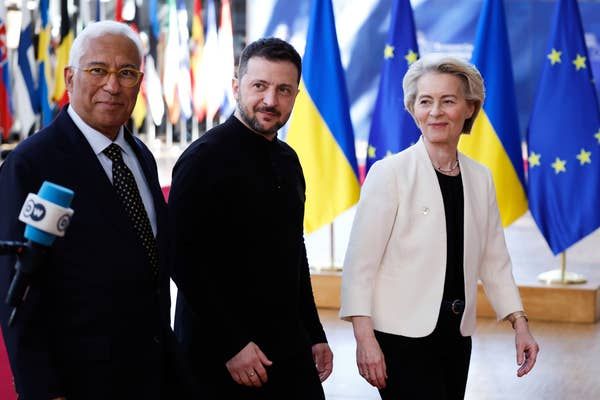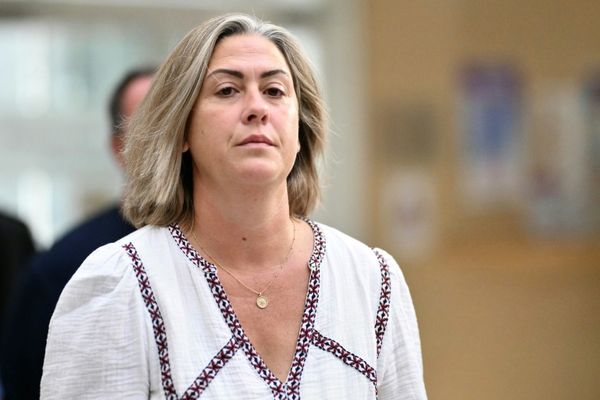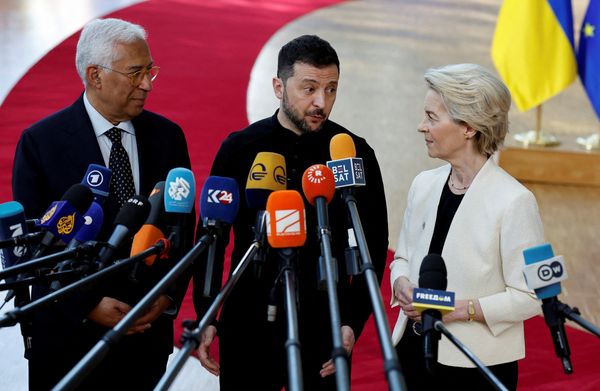
Kwasi Kwarteng has admitted he and Liz Truss “got carried away” when they wrote the disastrous mini-budget that led to both of them leaving their jobs just weeks after they entered Downing Street.
Kwarteng announced a raft of tax cuts without any reduction in spending in September, which led to the pound crashing against the dollar, pension funds nearly collapsing, a £65bn Bank of England bailout, soaring mortgage costs, and the cost of government borrowing increasing. He also said he would remove the cap on bankers’ bonuses.
The MP for Spelthorne, who was sacked by Truss after 38 days, has now said that the then prime minister and her team had lost perspective on the budget and its political or financial consequences.
“People got carried away, myself included,” Kwarteng told the Financial Times. “There was no tactical subtlety whatsoever.
“There was a brief moment and the people in charge, myself included, blew it.”
The article in the FT quoted an unnamed aide describing Truss, who left Downing Street after 49 days once her position became untenable among Conservative MPs, as “overcaffeinated” in her decision-making process.
“She was in this mode where everything had to be done immediately. I was worried she was going to blow up. She kept on saying she only had two years to do things,” before a potential election by January 2025.
Kwarteng said he had urged Truss to “slow down” over reforms, but a cabinet minister told the FT that she felt “invincible, almost regal”.
The budget unravelled within minutes of its delivery but worse was to come after Kwarteng signalled in a TV interview that more tax cuts were coming.
The resulting market shock led to Kwarteng being sacked and replaced by Jeremy Hunt. The former health secretary then got rid of two-thirds of the tax cuts in Kwarteng’s budget, including to the top rate of income tax.
Three days later, Truss announced her resignation outside No 10.
She reportedly told allies: “I lost a battle, but I haven’t lost the war.”
The former prime minister is considering launching an economic thinktank, according to an ally. The source told the Times: “She stands by her central argument on the need to grow the economy.
“She’ll be making the case.”







